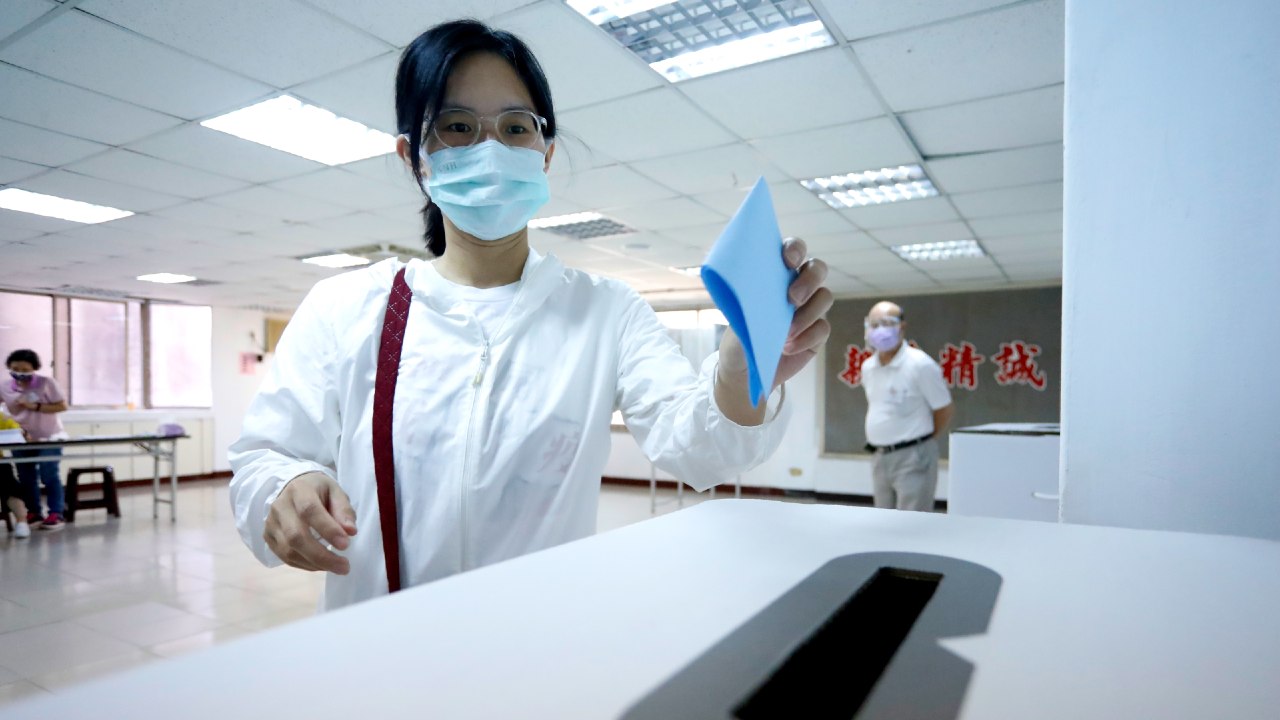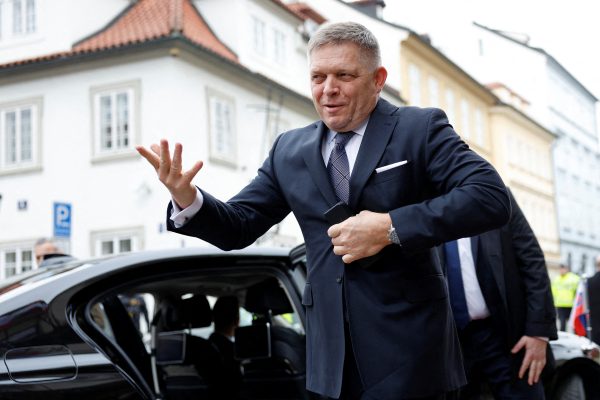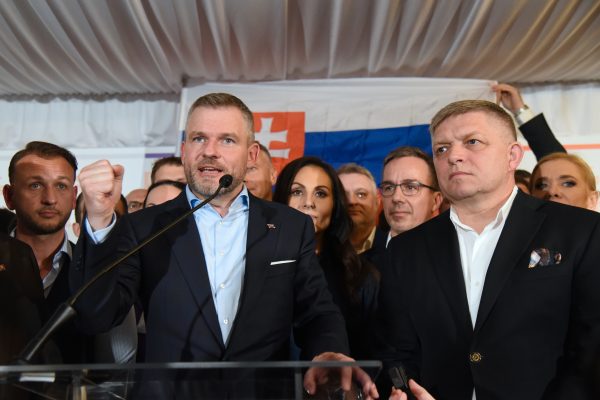I have spent most of my life fighting for democracy, writing about it, and benefiting from it. But only recently have I been a practitioner. Now that I’m trying to get elected (to the British parliament, at an election probably in 2023), I spend a lot of time knocking on doors. This is instructive.
My rough mental template is to assume that the people I talk to follow Westminster politics about as closely as I follow football: vaguely and spasmodically. I know the names of some of the top teams and some of the players. Every few years I tune in for a really important contest. The rest of the time, I switch channels.
Actually, of course, politics matters more. Football results do not set the level of taxes and public spending. They do not affect our national security. And mistakes in football are not going to leave the planet uninhabitable for my children.
But political conversations are best not started with a frontal attack. Terms like “Kleptocracy” or “Transatlanticism” work brilliantly at the conferences I used to go to. They fall flat in the streets of Marylebone in central London. The truly powerful words in the political vocabulary (at least in the league I am playing in) are “noise”, “mess”, and “safety”. Everyone has an opinion about garbage collection (or lack of it). Inconsiderate Middle Eastern playboys revving their sports-car engines in the middle of the night is a common gripe (yes, I know, this is a rather specific central London problem). So too is the spread of AirBnB lettings, often used for raucous parties, or for even seamier pursuits.
Safety matters a lot: not just knife crime and aggressive begging, but also the pestilential nuisance of cyber-fraud, which is an epidemic in Britain and largely ignored by the police.
I do not promise to fix these problems immediately, or even at all. But I can at least listen. That has many benefits. It shows that politicians do not just talk. It builds small bonds of trust: next time I come, people may remember me kindly. And it can be the basis for a broader conversation about the failings of the government and the need for a proper opposition.
In any case, I try to round off the chat with: “I am so grateful that we can speak freely – in most of the world what we are doing right now would land us both in jail or worse”. Voters sometimes look baffled by this, but I remind them of Russia, Belarus, and the occupied regions of Ukraine, not to mention the vast hellholes of the Uyghur homeland or the fate of Hong Kong. The right to tell politicians to get lost is valuable too, I point out. This being Britain, voters are (usually) far too polite to take me up on that offer.
My friend Ivan — part of a growing team of helpers from places that have fought for (or lost) their freedom — likes to remind voters of another precious privilege: that their votes will be counted honestly.
British democracy has its problems: that is one of the reasons I have returned to the electoral fray after a nearly 40-year gap. I worry about dirty money, disinformation, digital manipulation, polarization, and (chiefly) trivialization. If politics is just a soap opera, why not vote for the best entertainer?
But with every doorbell I press, I silently remember my friend Boris Nemtsov, hundreds of political prisoners in Russia and Belarus, countless more in China, and all the people I witnessed topple communism in 1989-91. I am ringing it for them too.
Europe’s Edge is an online journal covering crucial topics in the transatlantic policy debate. All opinions are those of the author and do not necessarily represent the position or views of the institutions they represent or the Center for European Policy Analysis.




